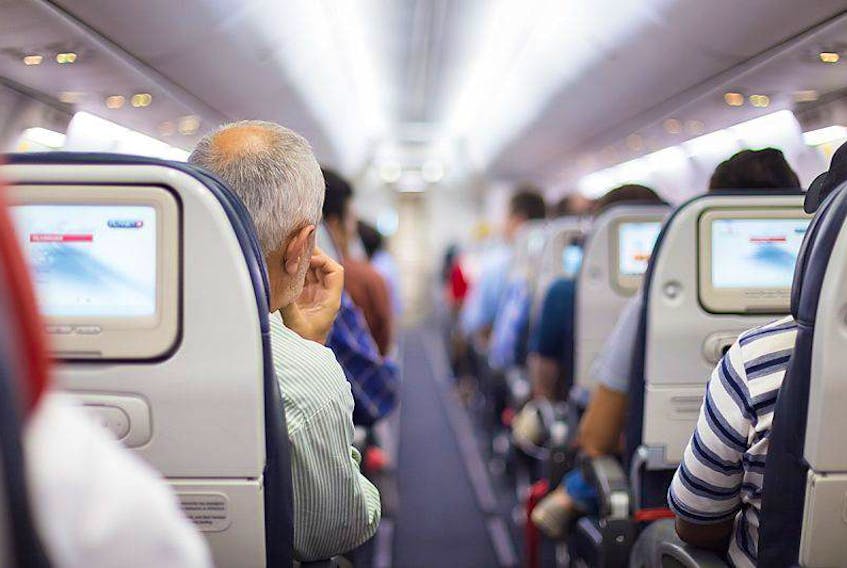As the Canadian Transportation Agency (CTA) prepares to conclude a series of hearings across the country this week regarding the air passenger protection regulations, problems regarding communication and treatment of passengers with disabilities have become increasingly clear.
Chair and CEO of the CTA, Scott Streiner summarized that from hearings across the country, the issue of clarity and communication with passengers is critical — the lack of which has been spoken of at all levels.
There is a demonstrated need for passengers to know where to go and what the processes are for dealing with compensation and other issues that arise during air travel.
The CTA was focused on trying to understand what will satisfy passengers in terms of compensation and care through the hearings so the air passenger protection regulations are able to best suit what passengers want and need.
“There seems to be a sense or a lack of care towards the passengers,” says Prof. Catherine Popadiuk of the Department of Obstetrics and Gynecology at Memorial University, summarizing the point made one by of the speakers from the Atlantic Alternate Dispute Resolution at the Halifax hearing on Jun. 29.
Related story:
Former C.B.S. mayor presents on air passenger rights
Popadiuk and her husband, Ken Kuo, a professor of oncology at MUN, attended the Halifax hearing wanting to understand and participate in the process of creating regulations to know what they will mean for passengers flying to different cities for medical treatment.
“The biggest problem for them is that they (the flight crew) will make an announcement and will have no idea because there are no visual cues,” says Kuo about the problems raised by members of the hearing-impaired community who spoke about the lack of effort being made to communicate with them.
Though a line reading “passenger announcement in progress” will often appear on any screens on an airplane, the contents of the announcement are not provided. During tarmac delays, the lighting, air conditioning, and other electrical systems on the airplane will frequently be shut off in order to save fuel, which can result in hearing-impaired passengers not knowing when announcements are being made.
“These passengers felt like they were addressed as problems not people,” says Popadiuk of the sentiments expressed by members of the hearing-impaired community during the Halifax hearing.
Bob Brown of the Council for Canadians with Disabilities, will be speaking at a CTA hearing in Ottawa Wednesday. He says the tarmac delays can be particularly problematic for passengers with mobility issues.
The current air passenger protection regulations will limit tarmac delays to three hours, and increase from the 90-minute limitation the CTA had originally proposed.
“A lot of people dehydrate themselves to take a flight,” says Brown of how passengers with mobility problems preventing them from using the washroom onboard the airplane manage air travel. An unexpected tarmac delay of three hours can leave these passengers in a potentially dangerous situation.
“Even for seniors, they have a lot of the same problems and they don’t like to identify as a person with a mobility problem,” Brown said.
Passengers with service animals face similar issues with tarmac delays when they have planned for a certain number of hours on an airplane, and then that time is substantially increased.
For passengers who use a wheelchair, being in the airplane seat for longer than expected can result in pressure sores and other problems because the wheelchair is a custom seating device as well as a mobility device.
Baggage handlers often do not know how to properly manage loading and unloading wheelchairs, which can lead to them getting dropped or broken in other ways over the course of the flight. A recommendation has been made to allow the travel companion of a person with a mobility impairment oversee the process from the ground.
Streiner, in the Halifax hearing, discussed how trains have been able to accommodate keeping passengers in their wheelchairs in the past few years, but that airlines are still far behind in being able to make the same accommodation.
Enforcement of the regulations when they are completed will remain a key issue.
The CTA is still inviting Canadians to participate in call-in hearings and to make written submissions online (www.airpassengerprotection.ca).









